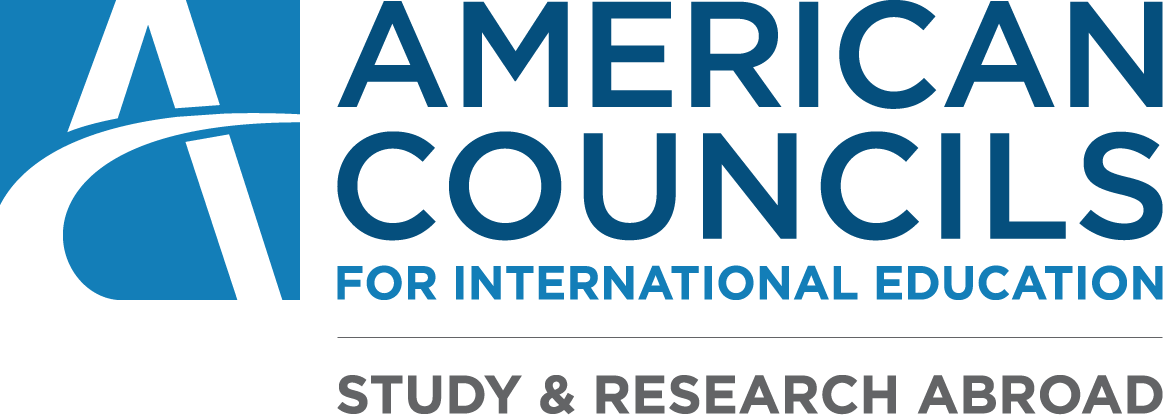At the Grassroots Level
I intern with the Institute for Rural Initiatives (IRI) in Chisinau. The Institute for Rural Initiatives (IRI) is a non-profit organization that advocates and promotes community development in rural communities throughout Moldova. Formerly known as Ograda Noastra NGO, IRI works especially with disadvantaged communities. Considering the level of underdevelopment throughout Moldova, the work of IRI is as important as ever in building up the social capacities, economy, and overall education of the country. There is a gap between development of urban and rural communities in Moldova. IRI works through the form of projects to stitch the gap. Through its many facilitated projects over the past 13 years, IRI meets with communities and specifically their leaders to improve “social cohesion,” quality of education, effective governance, and to encourage community activism.
When it first started, IRI implemented small projects on a volunteer-basis without an office. Now, IRI has implemented and continues to implement multi-faceted projects and has two permanent countries throughout the country. While the primary goal of IRI is to develop communities in all aspects of quality of life, it simultaneously promotes human rights, social inclusion, and civic integration. Since 2003, IRI has implemented 40 projects.
IRI’s most immediate current project is Minority Empowerment in Moldova (MEM Plus) initiative. With funding from the U.S. Department of State, Bureau of Democracy, Human Rights and Labor, MEM Plus is a partnership with Great Lakes Community Action Partnership. The IRI team has chosen 30 rural communities in Moldova in which to implement the project. The goals of MEM Plus reflect the goals of IRI itself. By sparking dialogue among all groups of society, MEM Plus develops communities because of the inclusion of all ethnic groups. The project initially started with 22 communities in 2014 as Minority Empowerment in Moldova. When this initiative ended in 2018, MEM Plus logically followed. By overcoming stereotypes and prejudices, communities can come closer to improving their communities socially and economically.
While I am not a social service student or an international development academic, I enjoy the internship experience, both for the country placement and the type of work I am doing. Above all, I appreciate the opportunity to visit rural communities and participate in community discussions. I am able to hear for myself the problems people face. Most of the time I realize that all people want to the same thing – a good quality of life – but not everyone has the capacity or education to do so. While I would not pursue the work of my organization full-time, I want to incorporate direct contact with people into my future. Helping others so they can improve their lives. I see this internship experience as invaluable career experience. Not only am I benefitting from my experiences – from direct contact with people to practicing my language skills – but my coworkers seem to enjoy the English help and having the opinion of a young person in the workplace.
As for living here, I have learned how change really happens within a community. Without collaboration and communication, without action at the grassroots level, communities cannot hope to accomplish for themselves. Politics does not heavily influence community development. If communities want to change, they just need to find common problems and create a strategy to tackle those problems. I do not see myself pursuing this sort of work in the future, but it is useful in shaping my understanding of the world.
By: Savannah Modesitt
Program: Overseas Professional & Intercultural Training Program, Chisinau, Moldova
Term: Summer 2019

